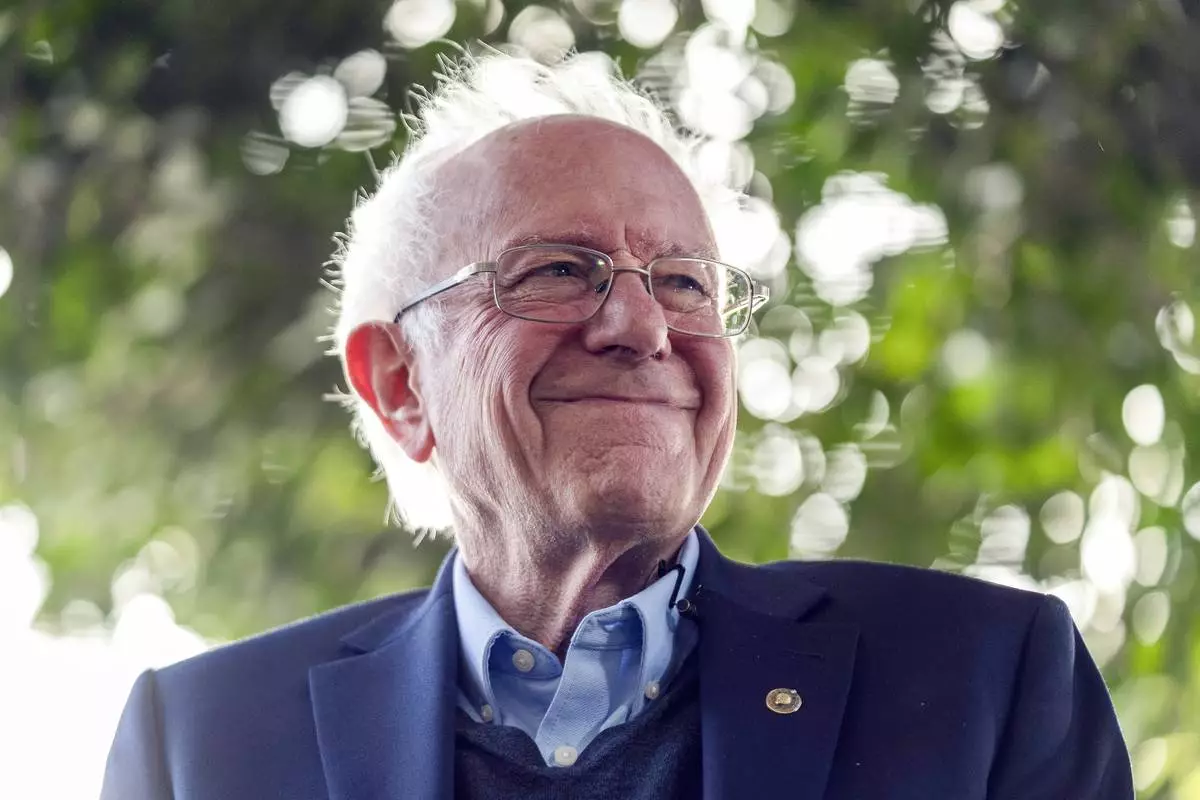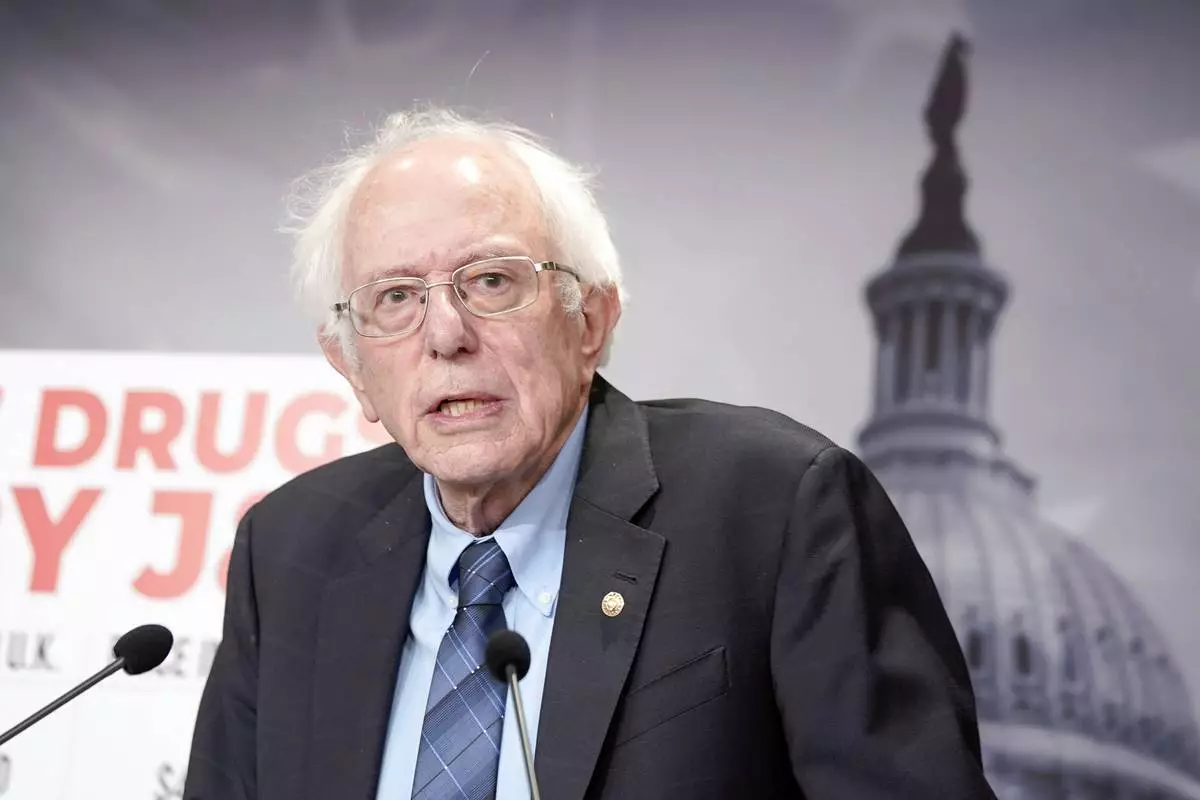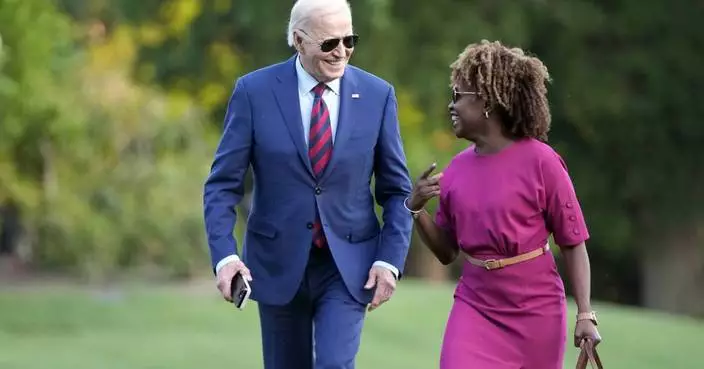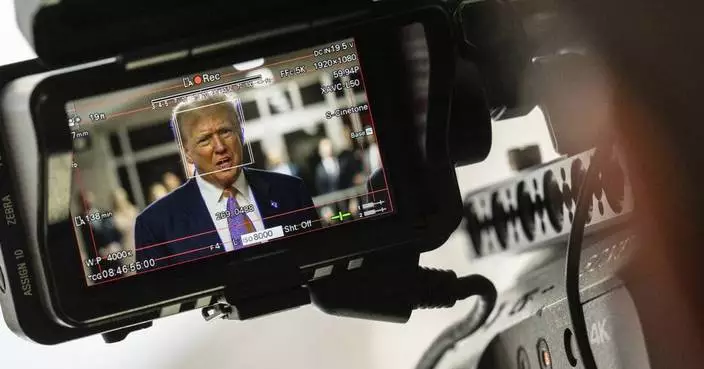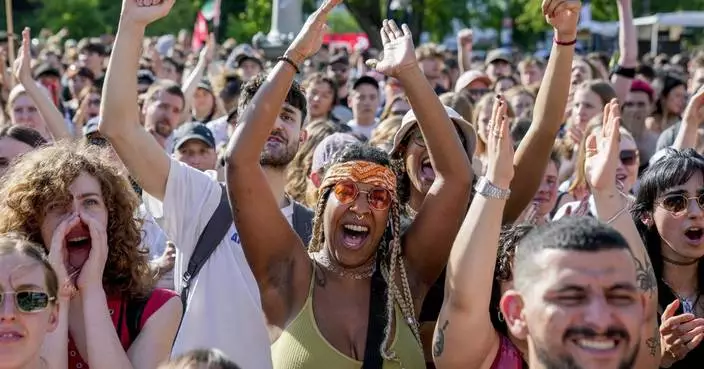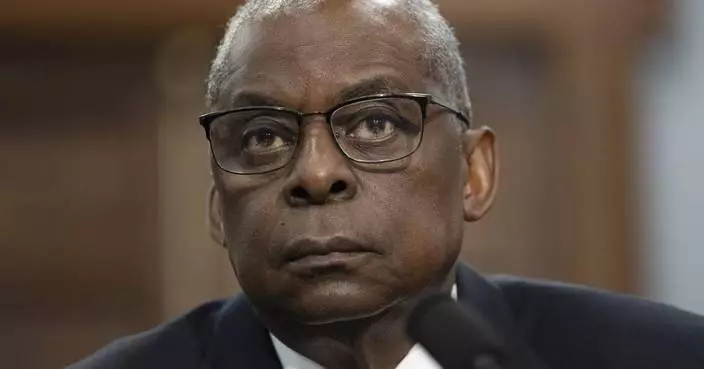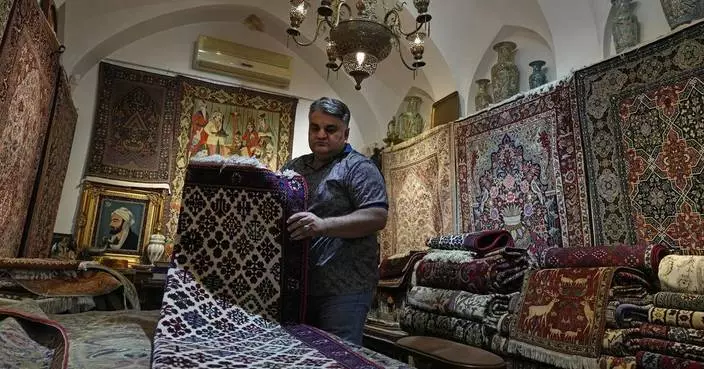As a Democratic politician in deep-red Montana, Steve Bullock has long searched for a middle ground on guns. Now a presidential candidate in a party pushing hard for new gun-control laws, he still is.
While many of his Democratic opponents go all-in on new proposals for restricting guns, responding to the latest string of mass shootings, Bullock is the rare voice of caution warning Democrats about going too far. While he embraces new restrictions — including a ban on assault weapons — he also worries about the wisdom and political viability of some of the new policies on the table, and fears that Democrats may be playing into the hands of the powerful gun lobby.
"I do have a different perspective than some of the field," Bullock said in an interview with The Associated Press. "I've lived through the political narrative at times that the NRA sort of stirs up, trying to suggest that every Democrat wants to take away everyone's guns," he said. "So, like having to register all your firearms, I don't think that's good policy, necessarily, and I'm not sure that it's that good of politics if we want to win, as an example."
Such concerns used to be common place, even signs of political savvy. Red state Democrats openly bragged about their gun ownership and defense of gun rights, in an attempt to neutralize the issue. But in a sign of how far the party has traveled, leading presidential candidates this year are far more likely to talk up plans for requiring universal background checks, banning assault weapons or registering guns. Opposition from the National Rifle Association is viewed as a badge of honor. If there's a lane for a moderate on gun control in the race, it is nearly wide open.
Bullock's positioning is not surprising. He won reelection as governor in 2016 despite President Donald Trump's blowout victory in Montana and has billed himself as the Democrat who can understand Republican voters and win back the White House. But he's struggled to win attention, support and financial backing in a crowded field topped by a former vice president who also claims sway with Trump voters. He's at risk of not qualifying for the next debate.
As Bullock has searched for a middle ground on guns, he's shifted some of his positions along the way. It's an evolution he says many Americans can relate to.
"I think where I am is consistent with most people in this country right now, if we could ever get some of the divisive politics out of the issue," he said in Thursday's interview.
In 2000, when he mounted an unsuccessful primary campaign for Montana attorney general, he made a point of releasing a 10-point plan to address school shootings. The plan, only two years after the Columbine High School massacre rocked the nation, called for more modest changes like increased police presence in schools, more support and mentoring for students, and a law making it a state crime for a student to have a gun at school — a lapse Bullock at the time called "an outrage."
When he ran for state attorney general again eight years later, he won despite his Republican opponent trying to paint him as soft on the 2nd Amendment. A year later, he publicly praised Montana's Democratic senators Max Baucus and Jon Tester for opposing a suggestion from Obama Attorney General Eric Holder that the U.S. re-instate an assault weapons ban.
"Max and Jon are exactly right — we need to be enforcing the laws that we have on the books," Bullock said in a statement released by Tester's office. "These one-size-fits-all gun laws might be popular in some parts of the country, but they don't work for Montana."
In 2018, he came out in favor of universal background checks and a ban on the sale of assault weapons — policies he opposed two years earlier as he was running for reelection, according to a campaign spokesman at the time.
Bullock says the shift came in the wake of the 2018 mass shooting at Marjory Stoneman Douglas High School in Parkland, Florida.
He and other governors met with Trump at the White House and discussed what could be done to stop future shootings. Bullock said he's since had to order his state's flags to be lowered seven times because of mass shootings.
"My conversion on assault weapons has been largely grounded in that," he said.
After the Parkland shooting, Bullock said he and his children attended a local event put on by March for Our Lives, a gun-control group founded by students at Marjory Stoneman Douglas High School. Bullock said he heard the young people describe "the trauma of worrying about if they're going to be safe at school."
Bullock said assault weapons aren't used for self-defense or hunting, "except in very rare instances," and he sees his evolution as part of a broader shift across America. He cites the decision by Dick's Sporting Goods last year to ban the sale of assault-style rifles and sales of any guns to someone under 21 in the wake of Parkland.
He said he knows that "certainly not everyone in my state is comfortable with some of the positions that I've taken or certainly bills that I've vetoed," including a number of gun-rights bills backed by the National Rifle Association.



